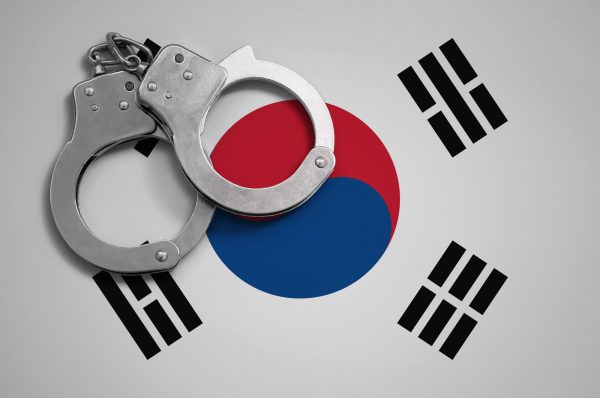But Seoul is finding out what other governments has discovered: getting concrete results is nearly impossible.
On August 6, 2025, a 20-year-old South Korean university student surnamed Park was found dead in a black car near Bokor Mountain in Cambodia’s Kampot Province. His body bore extensive signs of torture: severe facial swelling, bruising, and bloodstains covering his torso. The local police death certificate listed the cause as “cardiac arrest due to torture.”
Park had been lured to Cambodia with promises of attending a job fair, only to be trapped in what locals call a “scam compound” – prison-like complexes that carry out industrial-scale fraud operations, backed by what the U.S. Institute of Peace called “the most powerful criminal network of the modern era.”
Park’s death catalyzed a national reckoning in South Korea. When the news broke publicly in late September, media coverage of Southeast Asia’s scam industry exploded from 285 articles that month to 5,696 by mid-October.
On October 27, South Korean President Lee Jae-myung told ASEAN leaders in Kuala Lumpur that “transnational crime must no longer find a foothold in this region.” On November 10, Seoul announced the establishment of a “Korea Task Force” — a 24-hour joint response unit with Cambodian police to handle everything from victim rescue to suspect repatriation.
But newly released data from South Korea’s Ministry of Foreign Affairs reveals that enforcement efforts are not solving the problem. They are spreading it.
Between 2021 and September 2025, at least 760 South Koreans reported being trafficked or detained in online scam operations across Southeast Asia. The pattern of victimization reveals a clear “balloon effect” in action — squeeze in one place, and the problem inflates elsewhere.
In 2023, when enforcement focused on the Golden Triangle, Laos was the primary hub with 56 South Korean victims, while Myanmar recorded 20. As pressure mounted there, the operations shifted: by 2024, Cambodia exploded to 220 cases – a more than tenfold increase from its 2023 baseline of 17 cases.
But 2025 reveals the next phase of displacement.
Continue Reading on The Diplomat
This preview shows approximately 15% of the article. Read the full story on the publisher's website to support quality journalism.
